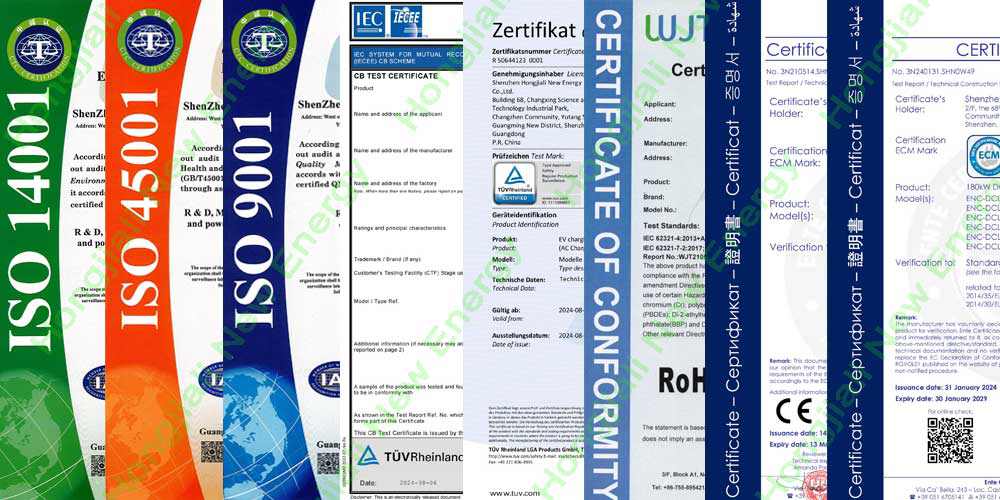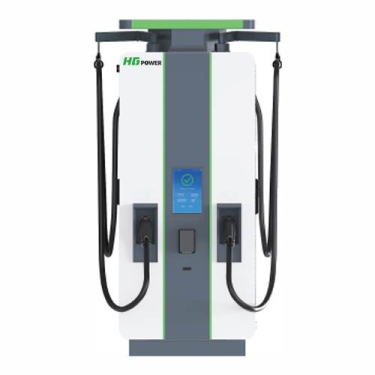-
 +86 18924678741
+86 18924678741 -
 sales@hjlcharger.com
sales@hjlcharger.com -
 Shenzhen City, Guangdong Province, China
Shenzhen City, Guangdong Province, China
Mobile power supply for electric vehicle charging can take advantage of different stages of peak shaving and valley filling, improve power utilization, and obtain profits from the electricity price difference. It can move freely to anywhere, solving the limitations of power consumption scenarios. The 120kW mobile power electric vehicle charger can meet the emergency charging needs of 2 electric vehicles at the same time. It can drive to any charging place according to real-time charging needs and can be used by simply connecting the power. Mobile power electric vehicle chargers can be used in shopping malls, office buildings, residential areas and other scenarios.
Mobile power supply electric vehicle charging solves the pain points of fixed charger charging scenarios. Car owners do not have to queue up and can basically charge when they stop. One mobile charger can charge multiple electric vehicles at the same time, which also saves parking space to a large extent and makes it easier for users. Get a sensory-free experience.
power bank ev charging Product parameters:
Product model | CYD34K-40 | CYD65K-40 | CYD132K-120 |
Rated power | 40kW | 40kW | 120kW |
Nominal capacity | 34kWh | 65kWh | 132kWh |
Charge and discharge ratio | ≤1.17C | ≤0.61C | ≤0.90C |
Number of output connectors | 1 | 2 | 2 |
Input charging port | CCS1,CCS2,GBT,CHAdeMO(optional) | CCS1,CCS2,GBT,CHAdeMO(optional) | CCS1,CCS2,GBT,CHAdeMO(optional) |
Output charging port | CCS1,CCS2,GBT,CHAdeMO(optional) | CCS1,CCS2,GBT,CHAdeMO(optional) | CCS1,CCS2,GBT,CHAdeMO(optional) |
Output voltage range | 150~750VDC | 150~750VDC | 150~750VDC |
220/380VAC | 220/380VAC | 220/380VAC | |
Battery voltage range | 500~900V | ||
Discharge depth | ≤95%DOD(suggestion) | ||
Number of cycles | >6000 times | ||
Cell type | 3.2V/173Ah, 3.2V/280Ah | ||
Rated frequency | 50Hz | ||
Operating temperature | -20~55℃ | ||
Storage temperature | -30~55℃ | ||
Relative humidity | 5%~95%RH,Non-condensing cream | ||
Altitude | ≤2000m | ||
Noise | ≤60dB | ||
Vehicle type | Minivan | Medium van | Van |
Heat dissipation mode | Air conditioning, air cooling | ||
Protection class | IP54 | ||
Isolation mode | non-isolation | ||







